
Global Finding silver linings in the market selloff
Despite last week’s selloff in software stocks and other momentum-driven areas, we believe the fundamental backdrop remains supportive.
We believe the market can continue to rise in the new year, and we expect new opportunities to be unlocked as market leadership evolves.

On the positive side, we think the global economy could accelerate (despite a slowing US economy) and that the Fed is about to embark on rapid easing.


Despite last week’s selloff in software stocks and other momentum-driven areas, we believe the fundamental backdrop remains supportive.
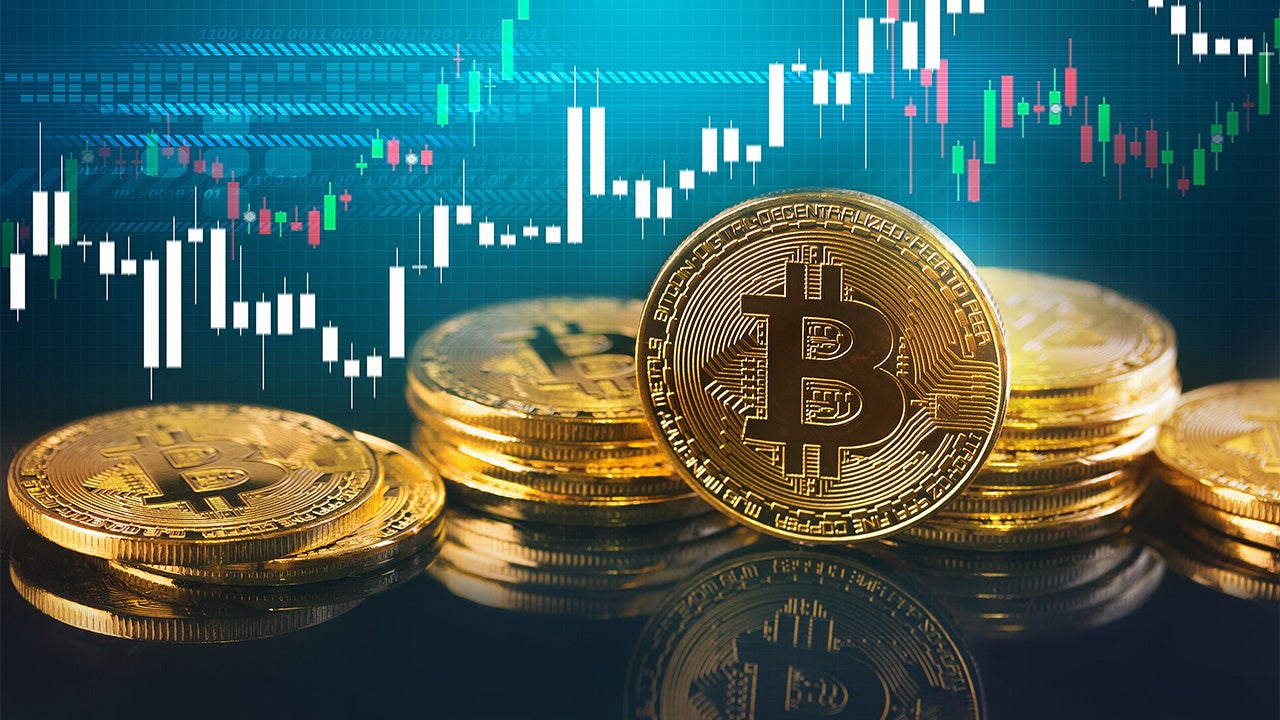
Most alternative assets performed well in 2025, with gold, hedge funds and some fixed income assets leading the way; Bitcoin, fine wine and private equity lagged.

We got some clarity on the two big risks we outlined in our 2026 investment outlook: Federal Reserve independence and an AI bubble.
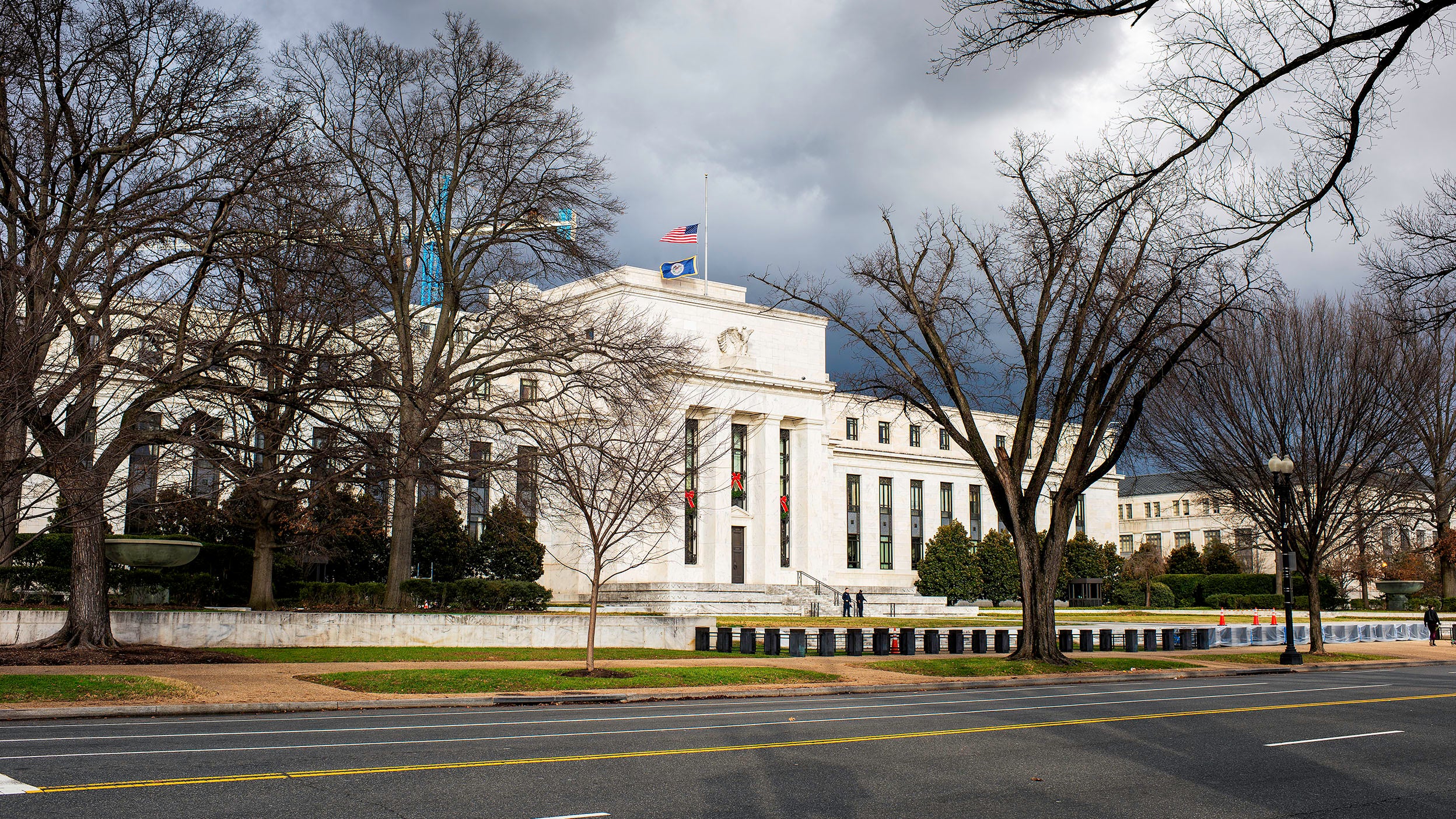
Trump nominates Kevin Warsh as Fed chair in a hawkish surprise. Here’s what it means for rates, markets, and investors.
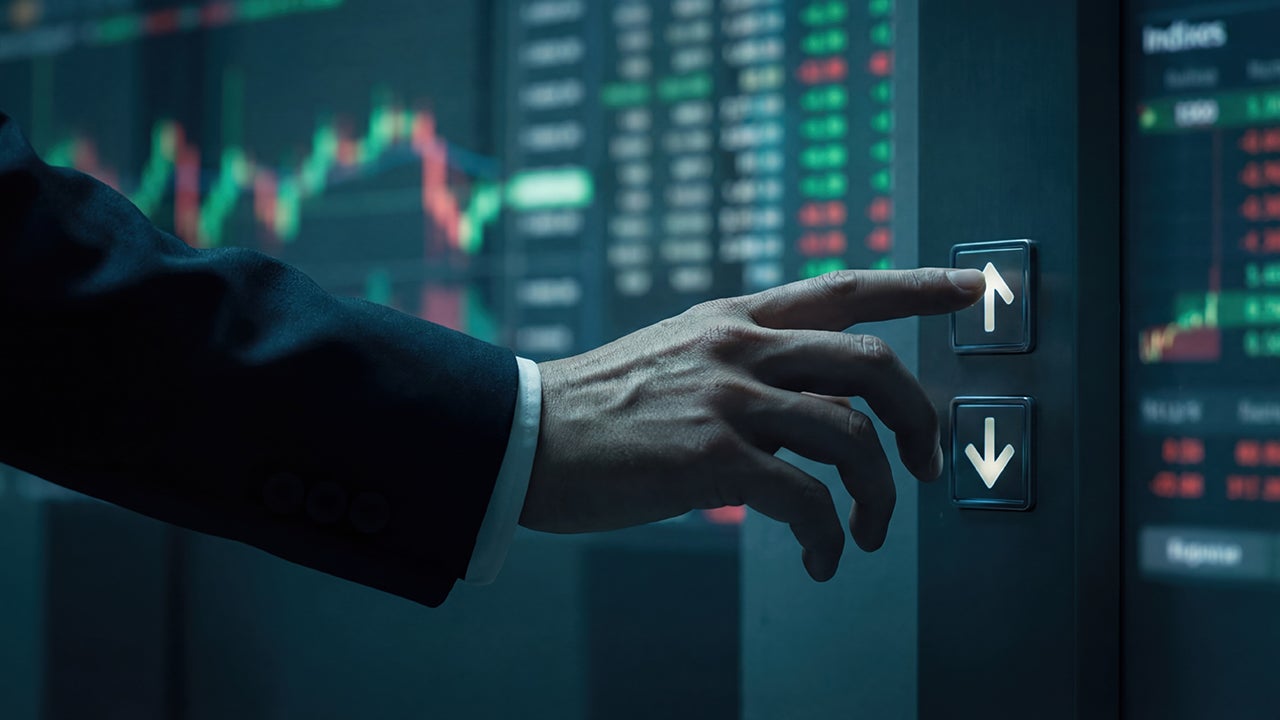
The decent returns on global equities during Q4 2025 masked significant volatility as concerns around valuations in the technology sector and the US economy remained in the headlines.

Geopolitical risks have risen, but bond spreads, economic and inflation data, and the US dollar haven’t signaled any major stock market issues.

Japan’s LDP secures a historic 68% Lower House supermajority, strengthening Prime Minister Takaichi’s mandate and boosting the outlook for Japanese equities, reform, and fiscal policy.

Japanese government bond yields jump amid PM Takaichi’s tax-cut plans. David Chao analyzes the impact on Japanese equities, bonds, and the yen, with key investment implications.

China’s trade surplus reached a record USD 1.2 trillion in 2025, driven by export growth, a competitive RMB, and shifting global trade dynamics.

China met its 5% GDP growth target in 2025, led by exports and manufacturing. AI investment and policy support could lift growth and markets in 2026.

Japan’s 10-year government bond yield climbs to 1.95%, its highest since 2007, as markets anticipate a BOJ rate hike in December amid weak GDP data and stimulus plans.

Discover how China’s affordable, accessible AI strategy, powered by open-source innovation and strong policy support, is driving global adoption and reshaping industries.
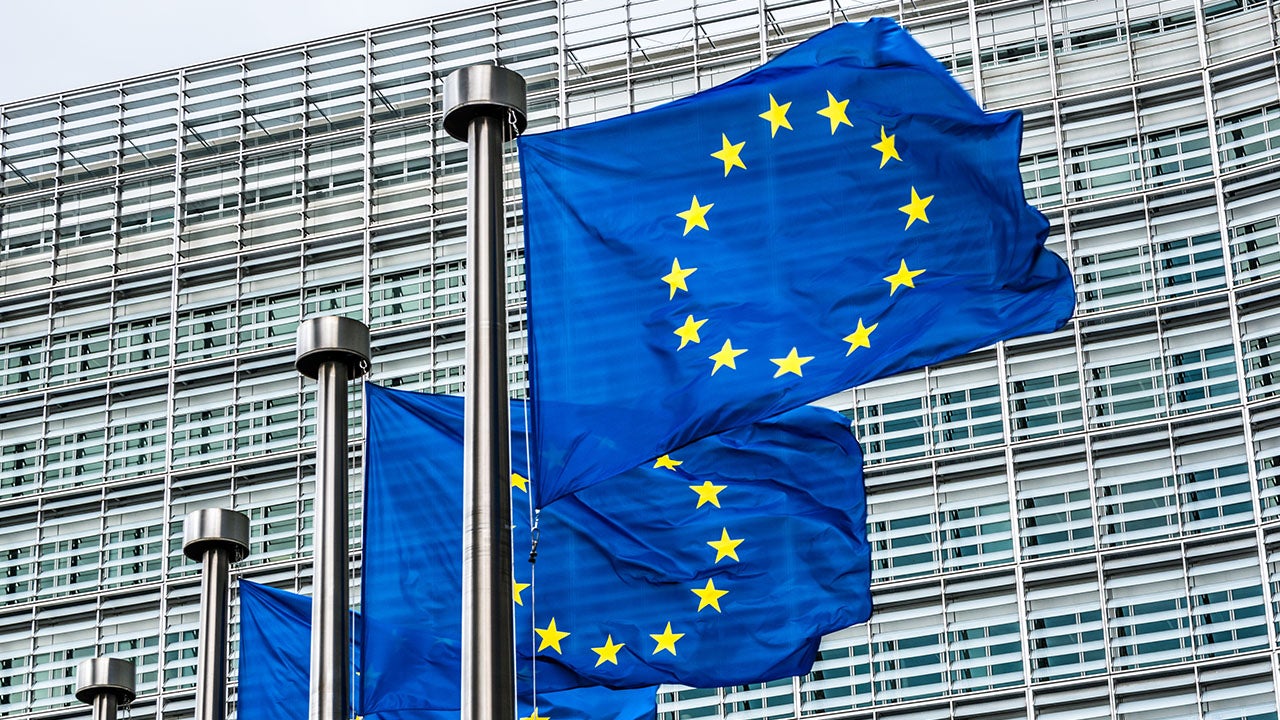
After nearly two decades of relative underperformance, Europe is re-entering into the spotlight. With still-reasonable valuations, a strengthening euro, and a decisive shift toward proactive fiscal and defense policies, the investment case for European assets is more compelling than it has been in years.

European equities could warrant greater attention with secular and structural trends appearing to take shape. Find out more.

With the EU parliamentary results showing a rise in right-wing parties, French President Emmanuel Macron called for snap elections in France for its lower house of parliament.

Trump nominates Kevin Warsh as Fed chair in a hawkish surprise. Here’s what it means for rates, markets, and investors.
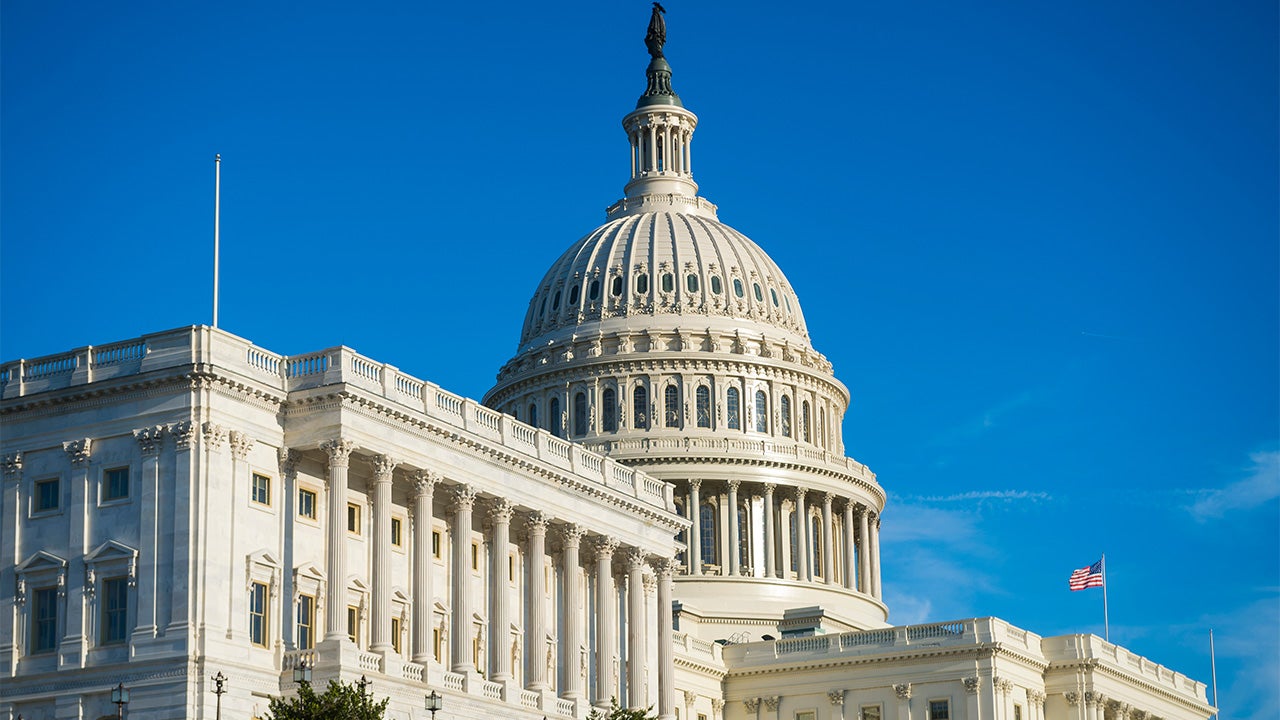
Preview the US midterm elections, with Democrats favored to retake the House, Republicans likely holding the Senate, and limited constraints on Trump’s policy agenda.

Explore the investment implications of recent US-Venezuela geopolitical developments. Learn how these events impact oil markets, precious metals, fixed income, and Asian assets, with insights from David Chao, Global Market Strategist.
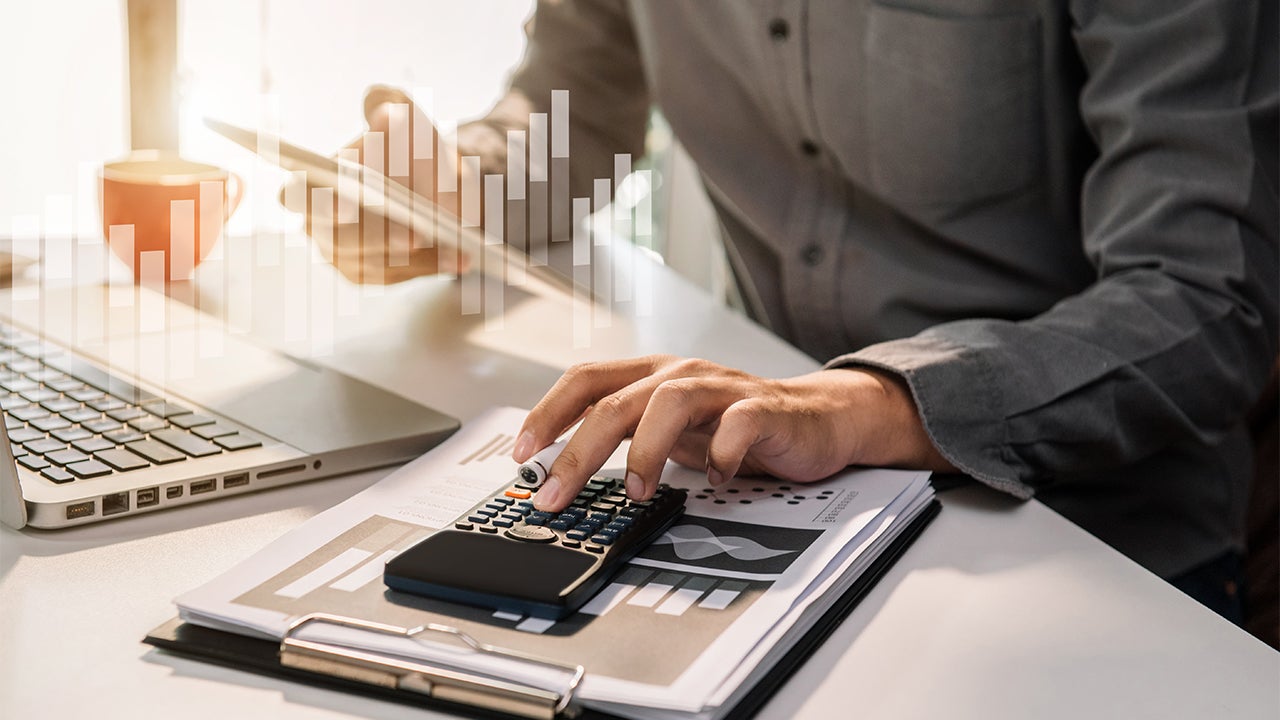
This is a guide to the Section 899 tax proposals and its potential implications for foreign investors and businesses investing in certain US assets. Find out more.

2024 is an election year in the US, and ritual obliges that we offer our views on the global economy and global financial markets based on the potential outcomes.

Presidential elections haven't historically affected the stock market over the long term, so investors probably don't need to worry about November.
Expert voices from within Invesco and partnering affiliates share thier views on trends, and current and upcoming investment opportunities.


Gain investment clarity in Asia Pacific through our research, specialized insights, and thought leadership.